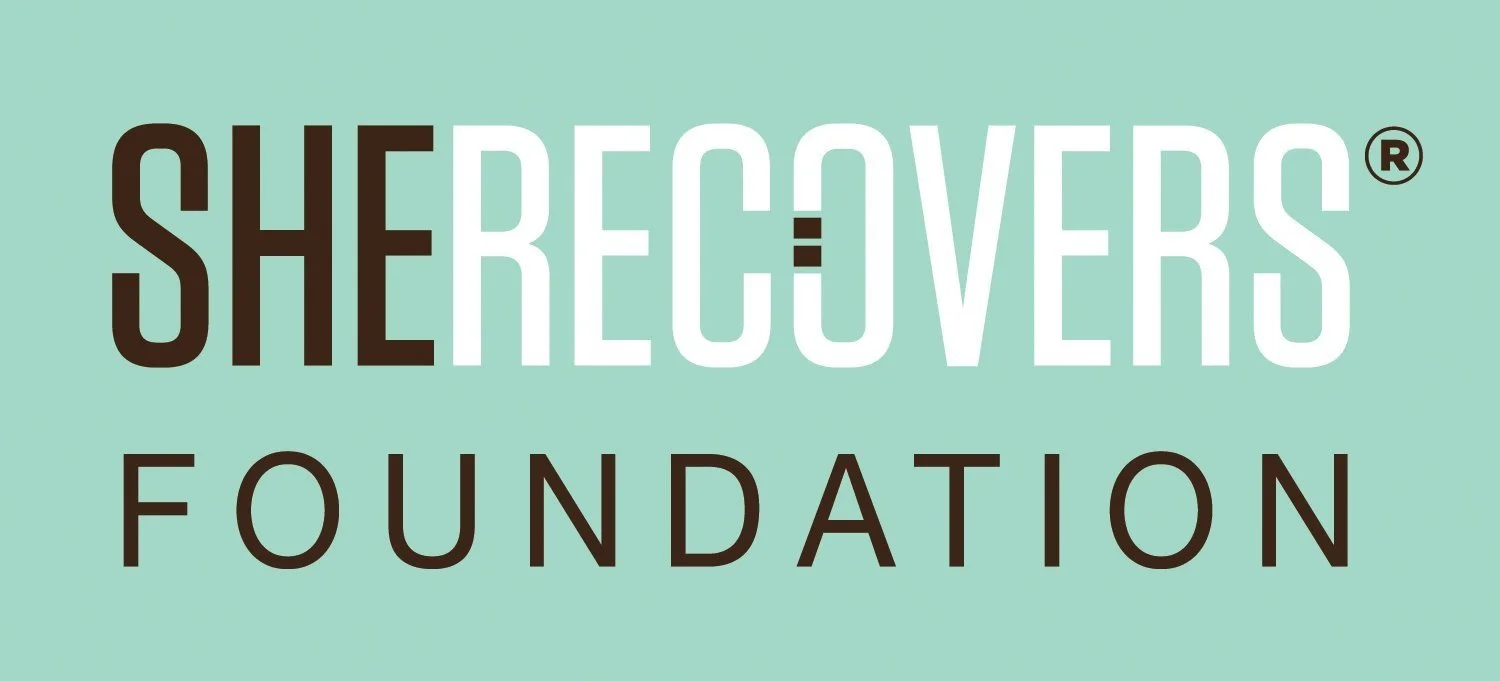How Estrogen Influences Binge Drinking in Women - and What We Can Do About It
Alcohol use disorder (AUD) affects women differently than men, and new research sheds light on one of the reasons why: estrogen. A recent study by Weill Cornell Medicine has uncovered that this hormone not only increases binge drinking behavior but does so in a surprisingly fast and impactful way.
The Connection Between Estrogen and Drinking Behavior
The study revealed that during high-estrogen phases, women are more likely to engage in "front-loading"—drinking heavily within the first 30 minutes of alcohol being available. This isn't just about willpower or habit; it's about biology. Estrogen interacts with neurons in a brain region called the BNST (bed nucleus of the stria terminalis), rapidly enhancing their activity and driving binge behaviors.
What’s groundbreaking here is the speed of estrogen’s effect. Unlike the traditional gene-regulating pathways we associate with hormones, estrogen binds directly to cell-surface receptors, triggering immediate changes in brain activity.
Why This Matters
Women’s alcohol consumption has been on the rise, especially since the pandemic, when stress and isolation led to a surge in heavy drinking among women. The consequences are serious: women are more vulnerable to the harmful health effects of alcohol, from liver disease to increased hospitalizations.
Understanding the role of estrogen offers new insight into why women may struggle differently with AUD. It's not just about societal pressures or emotional coping mechanisms—there’s a physiological component that needs addressing.
What This Means for Recovery
This research opens the door to more targeted treatments for AUD in women. Scientists are exploring drugs that could inhibit estrogen’s rapid effects on the brain, potentially reducing binge drinking without impacting other hormonal functions.
For those in recovery, this information is empowering. It highlights that alcohol use isn’t just a choice or a moral failing—it’s often influenced by complex biological factors. This knowledge can reduce shame and encourage women to seek help tailored to their unique needs.
Moving Forward
As a coach who supports women in recovery, I find this research both fascinating and hopeful. It underscores the importance of treating the whole person—mind, body, and spirit. Recovery isn’t just about stopping a behavior; it’s about understanding what drives it and addressing those root causes with compassion and science-backed solutions.
If you’re struggling with alcohol or know someone who is, know this: help is available, and there’s no shame in seeking it. Your biology doesn’t define your destiny. Together, we can navigate these challenges and move toward a healthier, more empowered future.
Understanding Your Relationship with Alcohol Starts Here
The connection between hormones and drinking behavior is just one piece of the complex puzzle of recovery. If this article resonated with you, you're not alone.
Get Support on Your Journey
Connect for More Support
Whether you're questioning your own relationship with alcohol or supporting someone who is, connection is a powerful tool in recovery.
About SHE RECOVERS®
SHE RECOVERS® Foundation is a 501(c)(3) non-profit public charity with a growng and evolving community of more that 325,000 women in or seeking recovery from substance use disorders, other mental health issues and/or life challenges. Its mission is to inspire hope, reduce stigma and empower women to increase their recovery capital, heal themselves, and help other women to do the same.
Remember: You don’t have to struggle alone. Recovery isn't about perfection—it's about finding a healthier path forward, one step at a time.

